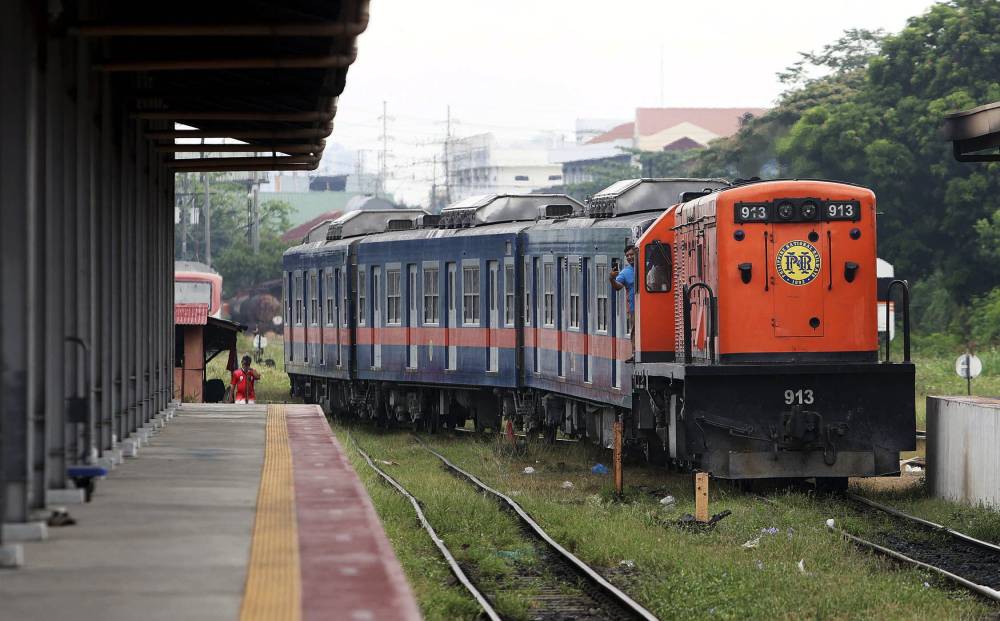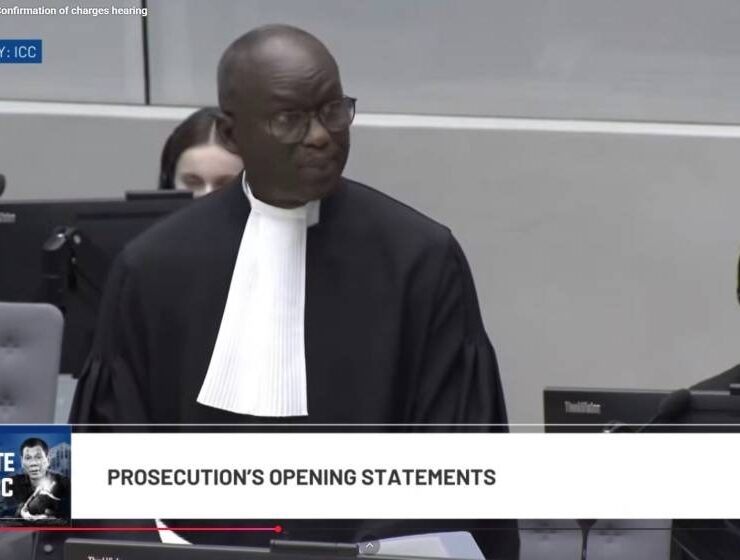PNR trains on halted Metro line moving to S. Luzon, Bicol routes

With its Metro Manila operations suspended for five years, the Philippine National Railways (PNR) will be transferring its current fleet of trains to serve commuters in the southern Luzon and Bicol regions.
PNR operations head Joseline Geronimo said the 10 to 12 train sets used in the suspended Metro Commuter Line would be migrated to Laguna, Quezon and the Bicol provinces.
The transfer is expected to be completed in July, she said in a media briefing on Monday.
“We are targeting around three months to fully migrate our rolling stocks [to these areas],” she said. “We will first bring back operations [for] shorter trips until we are able to fully restore the long-distance travel from Calamba (Laguna) to Legazpi (Albay) and vice versa.”
The Metro Manila line was suspended beginning March 26 to give way to the construction of the North-South Commuter Railway (NSCR). For the estimated 20,000 regular passengers affected, the Department of Transportation has offered additional buses as optional rides for their daily commute.
3 routes still active
The PNR now operates three lines, with only two daily trips each: Calamba to Lucena and vice versa; Sipocot to Naga and vice versa; and Naga to Legazpi and vice versa.
Not yet operational is the more than 200-kilometer line connecting Lucena to Sipocot.
The PNR since last year has been completing the “strengthening of the foundation of our rail tracks and bridges,” Geronimo said.
Its current active rolling stocks consist of 13 diesel-powered locomotives, seven sets of coaches, and eight sets of multiple diesel-powered units.
Clark-Calamba Railway
The closure of PNR Metro Commuter Line—running from Gov. Pascual in Malabon to Tutuban in Manila, and all the way south to Alabang in Muntinlupa City—was meant to give way to the construction of the 147-km NSCR which will run from Pampanga to Laguna.
Also referred to as the Clark-Calamba Railway, the NSCR will have 36 stations and intended to provide connectivity within the Greater Manila Area, by decreasing travel time from the usual three hours to only two hours.
The P873.62-billion project is expected to be completed by 2028 and serve up to 800,000 passengers per day.
The Land Transportation Franchising and Regulatory Board has given special permit to 50 buses to ply routes close to the suspended PNR Metro Commuter Line.
The affected passengers, however, face a longer travel time and higher fares—from the P30 they pay for an end-to-end train trip, to P70 when they switch to buses. INQ





















